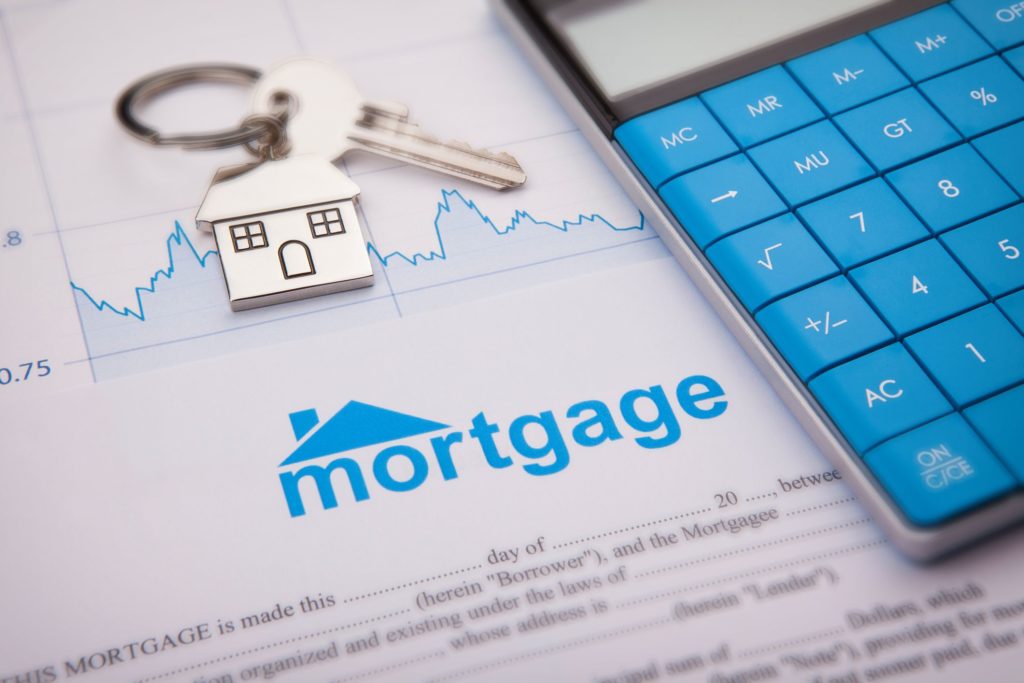Blog
How To Choose The Best Mortgage
Few people are able to pay for their property in full without taking out a mortgage. It’s therefore safe to assume that you’ll need a mortgage to buy the house of your dreams!

Regardless of which financial institution you choose, you will need to consider several factors and fully understand the specifics of each option. This will enable you to make a choice that corresponds with your financial situation and risk tolerance.
Six factors to consider
As you compare the different types of mortgages, you will quickly realize that there are several options available, and that mortgage rates fluctuate over time. To make an informed decision, you will need to take into account certain factors, such as:
- the mortgage principal (the amount of the loan);
- the term (the amount of time the mortgage contract is in effect);
- the amortization period (the maximum amount of time to repay your loan in full);
- the payment frequency (monthly, bi-monthly, bi-weekly, etc.);
- the interest rate (the fee paid to the lender);
- penalties for termination or early repayment.
The best way to navigate all this is to compare the options and interest rates offered by the different financial institutions: this research could save you thousands of dollars!
The different rates offered on the market
Fixed interest rate
By choosing a fixed interest rate mortgage, you are assured that you are paying the same rate throughout the term, regardless of market fluctuations. Although it is generally higher than a variable interest rate, it is still advantageous if you believe rates will rise or if you have a lower tolerance for risk.
Variable interest rate
A variable interest rate may increase or decrease over the course of your term and it is generally lower than a fixed interest rate. It can, under certain conditions, be repaid by fixed payments, the amount of which is determined for the entire duration of the term. You may also opt for an adjustable payment, which means that the amount of the payment will change if the rate fluctuates. Although each financial institution imposes its own conditions, be aware that certain advantages are constant, such as the possibility of transforming a variable rate into a fixed rate.
Hybrid or combination interest rate
A hybrid or combination mortgage offers both types of rates mentioned above. Thus, one portion of the mortgage has a fixed interest rate, while the other has a variable interest rate. The advantage of this option lies in the fact that the fixed portion offers partial protection in the event of an increase in interest rates, while the variable portion becomes more advantageous if rates fall. Interestingly, the two portions can have different terms, but this makes it more difficult to transfer the mortgage to another lender.
The choice is yours
Before committing to a financial institution, don’t hesitate to consult a mortgage broker. By taking into account certain personal factors such as your credit history, your employment situation and your eligibility for reduced interest rates, he or she will guide you in making this important decision.



